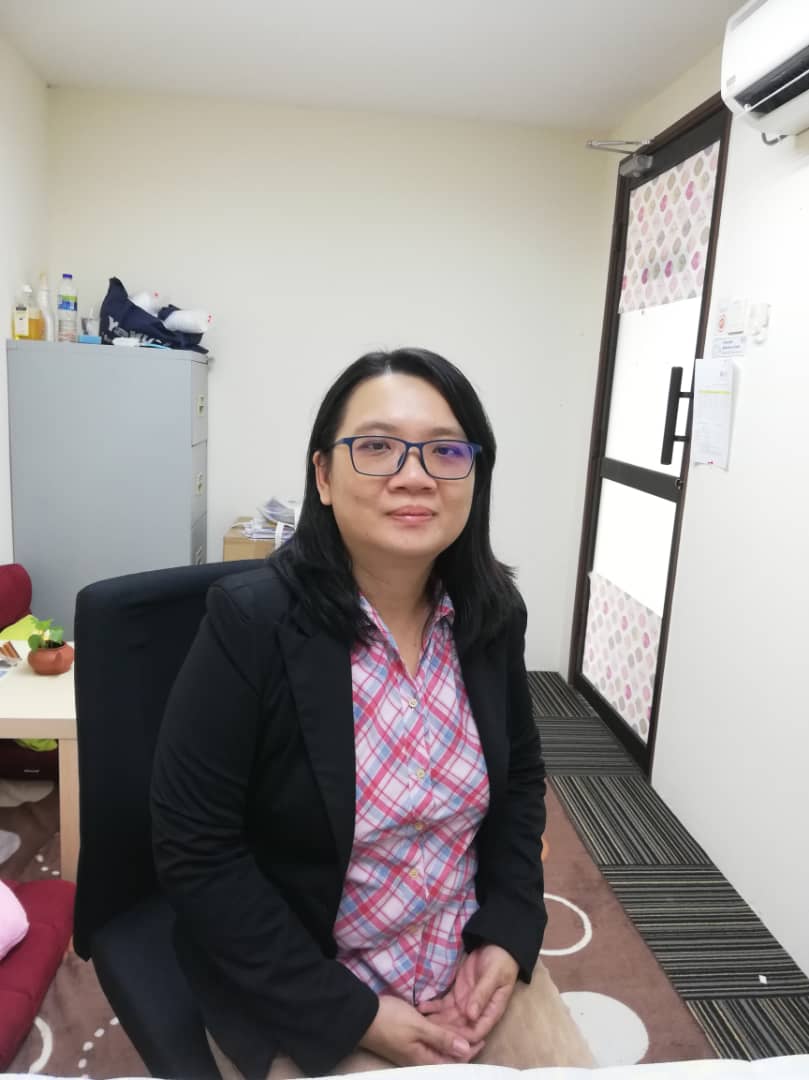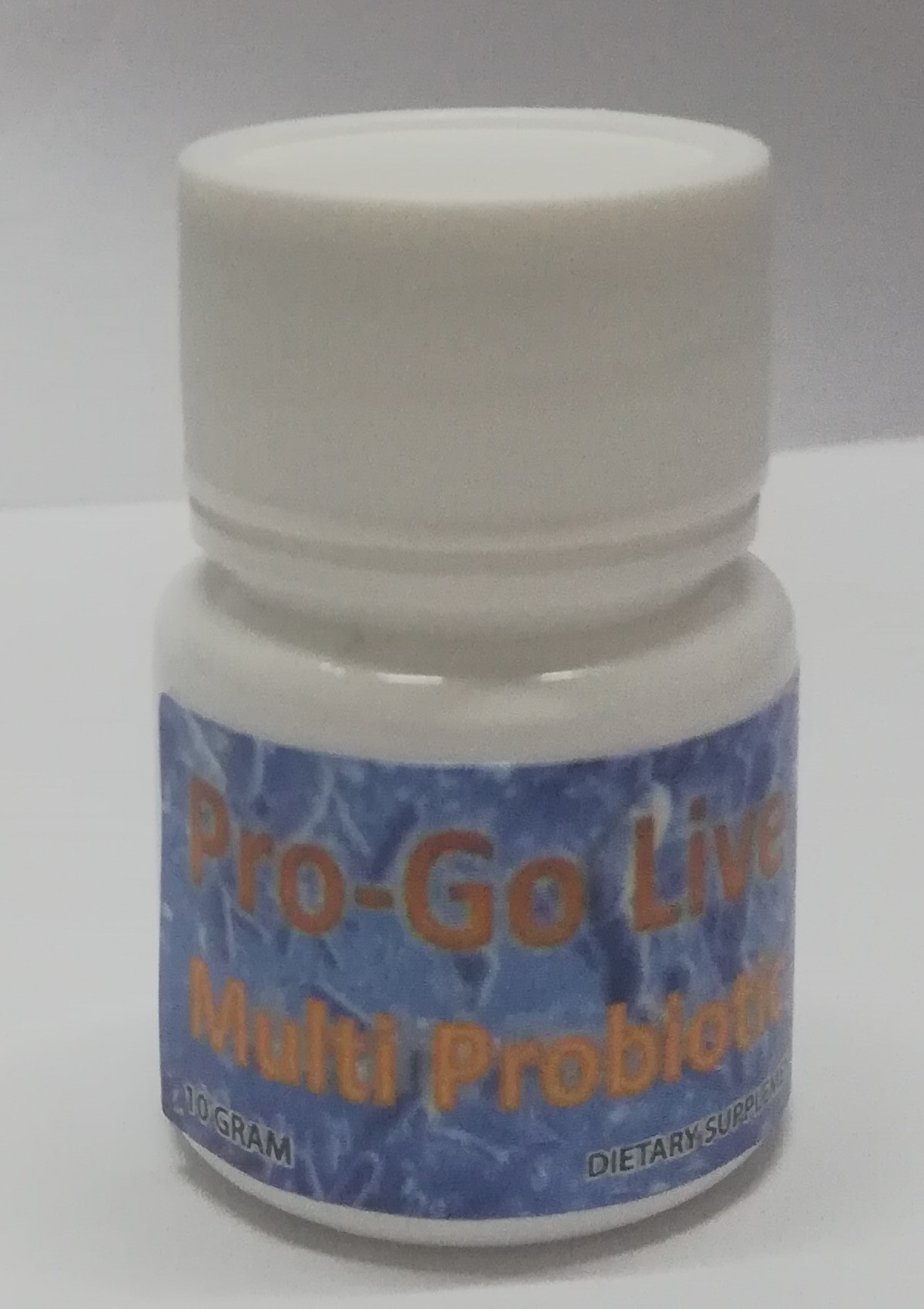Associate Professor Dr. Tan Suat Hian produces Pro-GoLive: Multi-Probiotic
GAMBANG, 20 May 2021 - A researcher and lecturer from the Faculty of Industrial Sciences and Technology (FSTI), Universiti Malaysia Pahang (UMP), Associate Professor Dr. Tan Suat Hian, 38, produced Pro-GoLive: Multi-Probiotic.
According to this Kelantanes, the product is best produced using an encapsulation agent, maltodextrin, spray-dried at 100 °C with an initial cell concentration of 4 grams.
“The process gives 40% yield that is considered high.
“Pro-GoLive: Multi-Probiotic contains a consortium of probiotic lactic acid bacteria, acetic acid bacteria and yeast that provides a synergism heath effect to our body.
“The probiotics used to produce fermented drink has been proven scientifically to improve digestion, boost the immune system, and has an antitumor effect and antimicrobial activity,” she said.
She said this idea started during a consultation with the Golden Farm Group of Companies.
“They use a traditional fermentation method that requires three months.
“The process takes a long time to get the fermentation products.
“So, I want to get fermentation bacteria that contain multi-probiotics to speed up this process while maintaining our health,” she said.
The research, conducted with Dr. Lee Chin Mei, Ts. Muhammad Adam Lee Abdullah and Wan Noorfazliana Umirah Wan Yusoff from FSTI, started from January 2019 until February 2020 and is now at the large-scale production stage.
When consumed in adequate amounts, probiotics can promote a health benefit to the host, including inhibiting the growth of pathogenic bacteria, maintaining health by promoting gut microflora, enhancing the immune system function, relieving constipation, and increasing the nutrient digestion in the gut.
“We know that microbial community imbalance can lead to inflammatory responses that can be observed in cases related to diabetes and obesity.
“As athletes also suffer from inflammation during exercise and competition, probiotics can alleviate these symptoms and speed up the recovery process.
“In addition, the gut biome can help with fitness is by maximising absorption of nutrients needed for performance and recovery.
She further explained that, to date, there are still no reports related to the combination of three types of cultures of lactic acid bacteria, acetic acid bacteria and yeast in one probiotic product.
“Food industry can use it to shorten the fermentation of non-dairy product because many Asian are lactose intolerant.
“By using our technology, this powder dry form multi-probiotic will have a long shelf life, does not require refrigeration and can be reactivated whenever required.
“In fact, this product can also be exported to other countries, especially China,” she said.
With expertise in biotechnology, she explained that apart from being sold in dry powder form, it can be used to produce fermented drinks by shortening the fermentation period to a few days or weeks because traditionally, the production of fermented drinks takes up to two to three months using single strain bacteria.
“This multi-probiotic dry powder can also be used as an additive in the food industry as a value-added product.
“This product is manufactured using a precommercialisation grant and costs RM30.00 per 10 grams.
“The key partner is Penghijauan Maju Enterprise,” she said.
This research won a gold medal at the CITREx 2020 competition and a gold medal at ITEX 2020.
She hoped that this product can help the industry to shorten the fermentation time of their products.
“Compared to single strain probiotics, this multi-bacterial strain provides great benefits to humans.
“It can help solve health problems in the community and solve exportation problems because liquid materials are not allowed to be exported.
“At the same time, it can reduce transportation costs and shelf-life problems and can be used as an additive in existing food products so they can be sold at higher prices,” she said.
She also produced fermented drinks containing multi-probiotic.
By: Safriza Baharuddin and Nur Hartini Mohd Hatta, UMP Press
Translation by: Dr. Rozaimi Abu Samah, Engineering College/Faculty of Chemical and Process Engineering Technology
- 140 views











